
Although COVID-19 has evolved to cause milder illness in most people, and most Americans have some form of immunity from previous infection or vaccination, a COVID infection is far from a guaranteed easy ride. The virus remains unpredictable, and many people are at increased risk of severe illness from any virus, whether it’s COVID, the flu, or RSV. Here’s how to avoid the worst COVID symptoms, according to the Centers for Disease Control and Prevention.
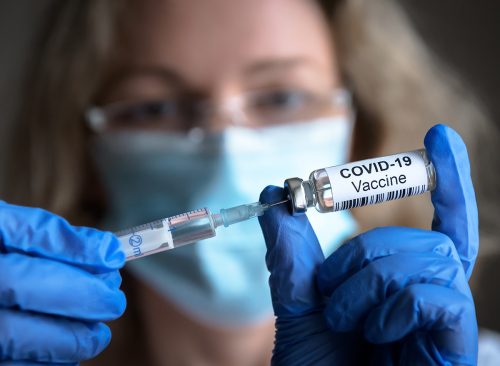
The CDC recommends that everyone older than six months gets an updated COVID vaccine this fall. “Staying up to date with your COVID-19 vaccines is the best way to protect yourself and others around you from getting very sick, being hospitalized, or dying from COVID-19,” the agency says. “People who are up to date with their COVID-19 vaccines are far less likely to be hospitalized or die from COVID-19 than people the same age who have not been vaccinated or who are not up to date on their COVID-19 vaccines.”
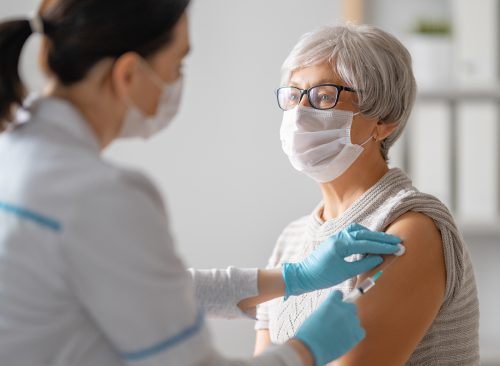
The CDC also advises that every American older than six months get a flu vaccine. The RSV vaccine is recommended for anyone over age 60. Getting your recommended vaccines can help reduce your risk of contracting other viruses that can weaken your immune system—making you more susceptible to COVID infection or simultaneous infection with multiple viruses, which can worsen your symptoms and prognosis.

If you have a COVID infection, the CDC advises staying home. Taking a break from work or school will allow you to rest and recover, and it’ll prevent you from spreading the virus to others.
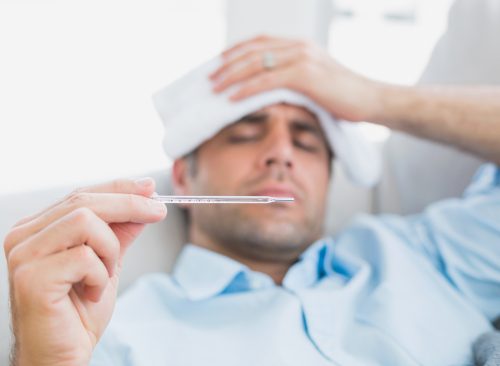
Carefully track your symptoms: When they begin, and how you’re feeling. If your symptoms get worse, you should call your healthcare provider immediately.

Are you at increased risk for getting very sick from COVID? (For example: Are you over the age of 60 or immunocompromised?) If so, free medications can reduce your chances of severe illness and death. You need to start treatment within a few days of COVID infection to be effective. “It can also help to have a plan for what to do if you feel sick or are diagnosed with COVID-19, especially if you have barriers to testing or treatment, such as transportation challenges or lack of insurance,” the agency says.
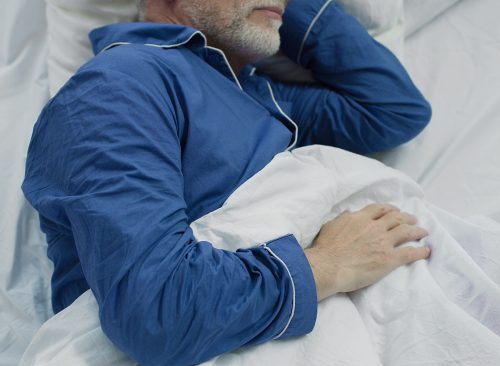
One of the best things you can do to treat COVID-19 is to get plenty of rest and stay hydrated.
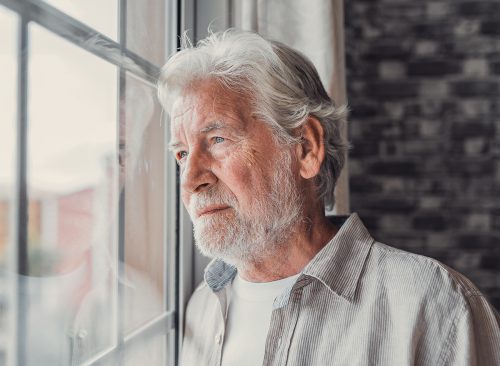
“As much as possible, stay in a specific room and away from other people in your home,” the CDC recommends. “Also, you should use a separate bathroom, if available. If you need to be around other people in or outside of the home, wear a mask.
RELATED: Surprising Signs You’ve Already Had COVID
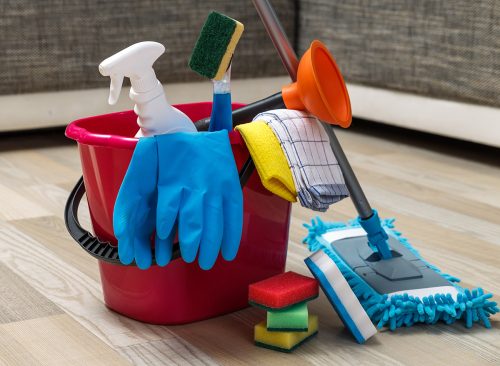
“Clean all surfaces that are touched often, like counters, tabletops, and doorknobs,” the agency says. “Use household cleaning sprays or wipes according to the label instructions.”














